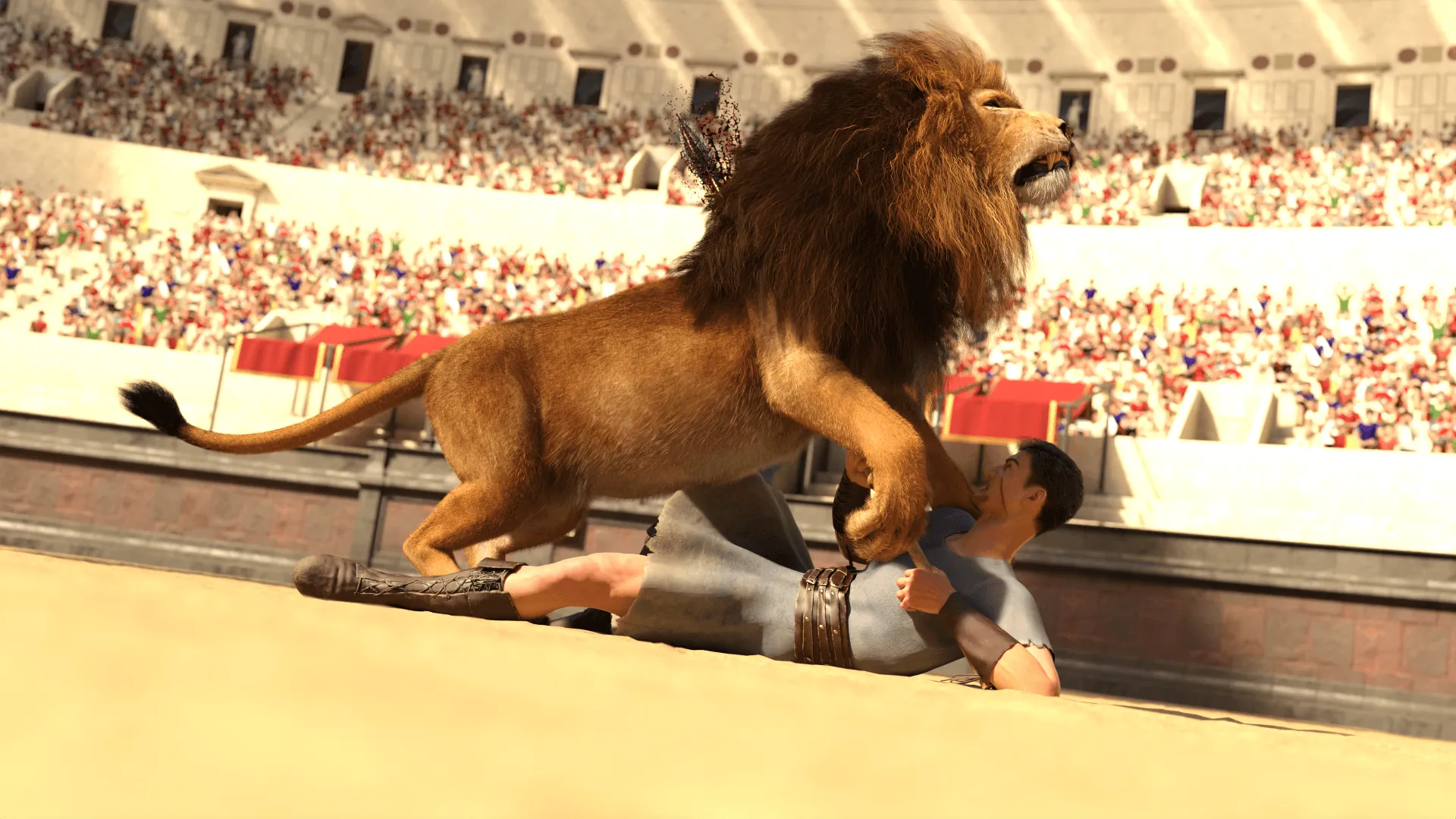
Corruption Time
Play Corruption Time
Corruption Time review
Exploring the gameplay, story, and player experience of Corruption Time
Corruption Time is a distinctive interactive game known for its immersive storytelling and complex gameplay mechanics. This article explores the core elements that define Corruption Time, from its narrative depth to its unique player choices. Whether you’re a newcomer or a returning player, understanding what sets this game apart can enhance your experience and appreciation of its design.
Understanding Corruption Time: Gameplay and Mechanics
Ever stumbled into a game that completely redefines your expectations? 😲 That was me with Corruption Time. From the first click, it was clear this wasn’t your standard narrative adventure. The Corruption Time gameplay loop is a masterclass in tension, blending a ticking clock with the heavy weight of moral compromise. It’s a game that doesn’t just ask what you’ll do, but who you’ll become to get it done.
At its heart, the Corruption Time gameplay is a fascinating dance between traditional point-and-click exploration and a persistent, ever-decaying world. You’re not just solving puzzles; you’re racing against a literal and metaphorical clock that measures your descent. This creates a unique form of time management game mechanics where efficiency isn’t just about speed, but about the ethical cost of your shortcuts. Do you spend hours finding the right key, or do you just pay off the guard and sacrifice a piece of your character’s integrity? The choice, and its consequence, is always yours.
### What Makes Corruption Time Gameplay Unique?
So, what sets it apart? 🧐 For me, it was the seamless integration of its core themes into the very fabric of play. The “corruption” isn’t just a story point or a morality meter—it’s a active, mechanical force. As you make dubious player choices in Corruption Time, the world physically changes around you. Pathways that were once closed might open up through bribery or threats, but often at the cost of alienating allies or darkening the game’s visual palette.
The interactive mechanics in Corruption Time are brilliantly contextual. Talking to a character isn’t just selecting dialogue options; it’s choosing which angle to approach them from. Are you empathetic, manipulative, or outright threatening? Each style of interaction uses a different resource (time, information, social capital) and yields wildly different results. This system ensures that the game progression in Corruption Time is never the same twice. My first playthrough was a desperate, mostly honest scramble. My second? I was a smooth-talking con artist, and the game world reacted to me as such. It’s this dynamic reactivity that is the true star of the show.
### Core Mechanics and Player Choices
Let’s break down the nuts and bolts! 🔧 The core loop involves exploring beautifully rendered, isometric environments to uncover a central mystery. You’ll gather items and information, but your most valuable currency is influence.
The interactive mechanics in Corruption Time present you with constant dilemmas. Early on, I needed to get into a restricted club. I had three clear paths:
* The “Right” Way: Find a specific character and complete a lengthy task for an invitation. (Cost: 30 minutes of game time)
* The “Quick” Way: Blackmail the bouncer with a secret I’d uncovered elsewhere. (Cost: A small chunk of my “corruption” level, locking out a future friendly interaction with him)
* The “Easy” Way: Spend a large amount of in-game currency to bribe my way in. (Cost: Most of my money, making future purchases difficult)
This is a perfect microcosm of the player choices in Corruption Time. There is rarely a “best” option, only a series of trade-offs that directly shape your game progression in Corruption Time. The game brilliantly tracks these decisions not just in a list, but in the world state. NPCs remember your slights, environments become more dilapidated as you choose destructive shortcuts, and allies may abandon you if your methods become too toxic.
💡 Pro Tip: Don’t reload a save after a “bad” choice! Some of the most memorable moments and unique story branches come from leaning into your mistakes and dealing with the consequences. This is key to the game’s incredible replayability in Corruption Time.
| Player Choice | Short-Term Outcome | Long-Term Impact |
|---|---|---|
| Bribe an official | Immediate access to a key area | That official later demands a larger bribe; other characters learn you can be bought. |
| Perform a task honestly | Slower progression, uses more time | Gain a trustworthy ally who provides help freely later. |
| Threaten a witness | Get information instantly | The witness spreads rumors, making other characters fearful and uncooperative. |
### How Player Decisions Influence the Game
The impact of decisions in Corruption Time is profound and often irreversible. This isn’t a game of quick-saves and do-overs; it’s a game about commitment. Your choices cascade, creating a narrative that feels uniquely yours. The high replayability in Corruption Time comes from this very fact. You’ll finish your first playthrough and immediately wonder, “What if I had done the opposite?”
Let me give you a personal example. In one run, I needed a file from a city clerk. I decided to forge a document instead of waiting for the proper paperwork. It worked! I saved a huge amount of time. I felt clever… until the third act. 😅 The antagonist had obtained a list of all forged documents filed that week and used my action as public proof of the city’s “decay,” turning the populace against my cause. My clever shortcut had literally armed my enemy. The impact of decisions in Corruption Time had never felt more personal or devastating.
This kind of storytelling is only possible because the Corruption Time gameplay is built around systems, not scripts. The game doesn’t have a handful of predetermined endings; it has a web of possibilities shaped by hundreds of tiny player choices in Corruption Time. Your game progression in Corruption Time is a direct reflection of your personal methodology. Are you a purist, a pragmatist, or a tyrant? The game will reflect that back at you in stunning detail.
Ultimately, the genius of Corruption Time is that it makes you feel the weight of every action. The time management game mechanics keep you pressured, while the corruption system preys on your desire for efficiency. It’s a constant, thrilling battle between your goals and your morals. To truly master its world, you must first understand yourself. And that is an experience worth replaying again and again. 🎮✨
Corruption Time offers a compelling blend of narrative and gameplay that challenges players to navigate complex choices with meaningful consequences. Its unique mechanics and engaging storylines make it a memorable experience for those who enjoy interactive games with depth. If you’re curious about exploring a game that rewards strategic thinking and offers rich storytelling, Corruption Time is worth your time.








